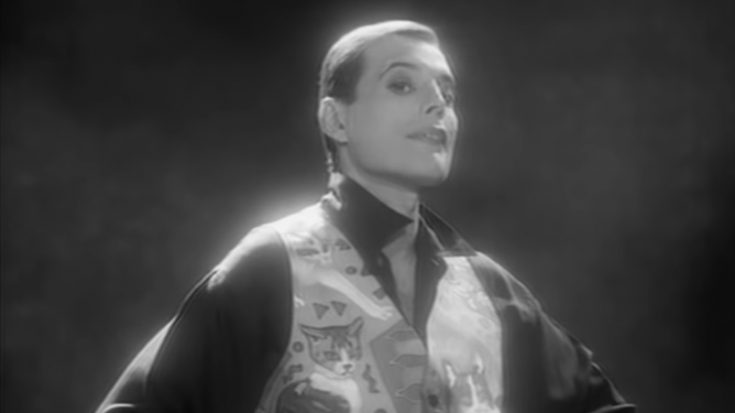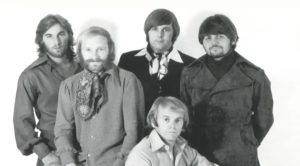Freddie Mercury Saw Himself As A “Manipulator” In Rock – Here’s Why

Freddie Mercury - Queen Official / Youtube
In the dazzling days of Queen, Freddie Mercury delivered unforgettable shows to his adoring fans, but behind the glamour and fame, he grappled with the complexities of his public image.
In a recently surfaced 1984 interview, Mercury referred to himself as a “manipulator”
Shedding light on the challenges of navigating the world of rock’n’roll:
“I feel that I am the manipulator, I can govern this. It’s like rock’n’roll is the drug, but you govern the drug and it’s one of those things. I would like to think that I’m in the very convenient position of ruling that thing. Otherwise, it would be my downfall, and it would have happened a long time ago. Thank God I’ve got the intelligence to realise that you can only go so far.
For Freddie, rock’n’roll wasn’t just a career; it was a powerful force, akin to a drug.
He emphasized his ability to govern the influence of rock’n’roll in his life, preventing it from becoming a destructive force:
“I would hate to think that anything like that could ruin me. I don’t need outside stimulus. I don’t need to because I feel that I have enough fantasy going on around me and within me.”
View this post on Instagram
Despite the fame and adoration from fans
Freddie acknowledged the potential loneliness that lurked behind the rock star persona.
“You could be the most lonely person. You can be loved by so many thousands of people, yet you could be so lonely. And that makes it worse because most people just think: How can someone like Freddie Mercury be lonely? He has the money, he has the cars, chauffeurs, the lot.’ In fact, sometimes, that kind of loneliness is the hardest to bear. You have to put on a persona, and I find it very hard to open up to people because I don’t trust the buggers.”
In these candid reflections, Freddie Mercury invites us to understand the intricate dance between fame, control, and the profound loneliness that can coexist even in the midst of adoration. Beyond the glittering stage presence, he grappled with the complexities of being a rock icon, revealing the vulnerability that made him not just a legendary performer but a relatable human being.












